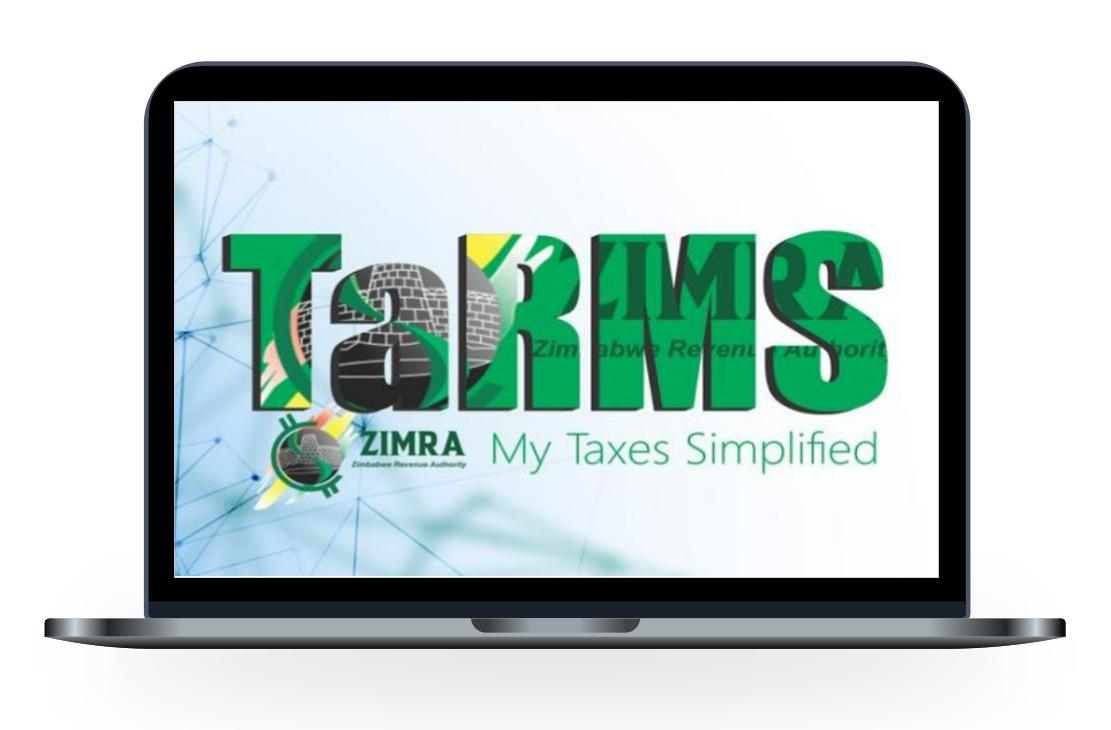Bitcoin and other cryptocurrencies were created to give you control of your money. But when you store your bitcoin on an exchange, what’s the difference from just keeping your money in a bank which does not give you control of your money? So, it stands to reason that when you store bitcoin on an exchange you are just disobeying the founding principle of bitcoin.
As usual when you disobey a principle of any system it comes with its risks and costs. I don’t need to jog your memory about the recent compromise of Golix’s user accounts that obviously left some users with shallow pockets. Or maybe not. On the international scene you might remember the hacking and stealing of bitcoins on Mt.Gox, the then largest bitcoin exchange in the world.
Well I have 2 factor Authentication(2FA) I don’t need to worry….Are you sure?
2FA is a security system that requires more than one method of authentication from independent categories of credentials to verify the user’s identity for a login or other transaction. For example, when you enter a pin on a website you are then sent a one time SMS text to confirm that you are the user.
2FA protects your account from being hacked not a bitcoin exchange from being hacked. Therefore, if the bitcoin exchange you use is hacked, your 2FA won’t work.
Please remember this.
Oh! I see….so where can I safely store my bitcoin then?
Wallets. Wallets are commonly used to store bitcoin. The wallet can either be hardware-based, web-based or software based.
Keeping your bitcoin on a hardware-based wallet means keeping it on a device like the USB drive or other storage media. It is generally advised to use hardware-based wallets before other options because they are offline hence you don’t run the risk of being hacked. The downside of this wallet is that its easy for small devices like a USB drive to get lost.
Storing your bitcon on a web-based wallet means keeping it online in specifically designed wallets like Blockchain.info. Of course, this form of wallet is not advised because of its risk to hacking and phising. But using this wallet you are privileged to access your wallet from anywhere in the world.
Software-based wallets are characterized by storing bitcoin in the form of a software that is installed on your computer. Unless someone stills your computer, it is secure more or less like a USB drive. Contrasting with the web-based wallet, a software-based wallet has a drawback in the sense that you cannot access your wallet from anywhere.
Because of bitcoin exchanges inability to retrieve bitcoins in the event of a hack both to your account or their system, you would be well-advised to seriously consider storing your bitcoin on wallets. Even running to Reserve Bank of Zimbabwe to have recourse is no use because they have explicitly said there are no existing legal structures that cover cryptocurrencies.














Comments
One response
check out how “buttcoin” is tanking now, big time : https://www.cnbc.com/2018/03/14/bitcoin-falls-below-9000-after-google-bans-cryptocurrency-ads.html